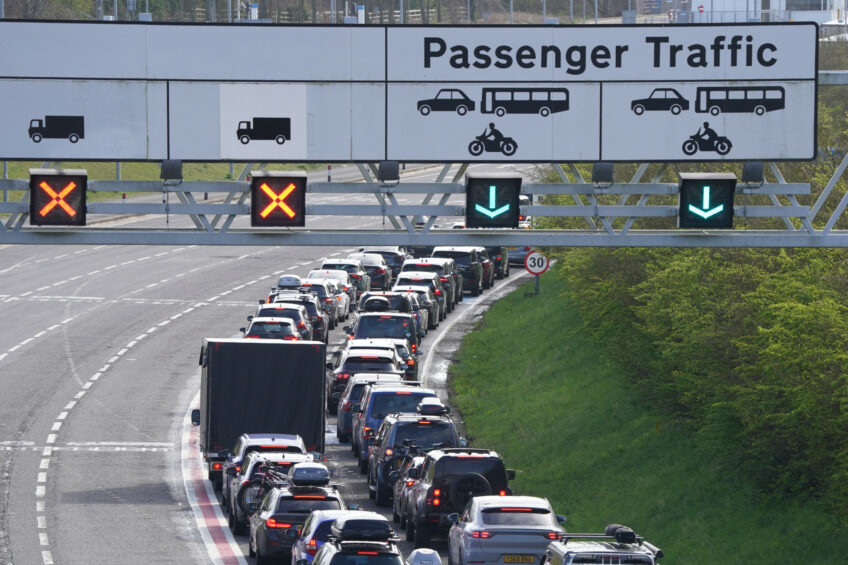EU exports of pork to UK dwindling

EU countries have exported 181,800 tonnes of pork and pork meat products to the United Kingdom in the first quarter of 2024. Although that might seem a lot, it is the lowest Q1 volume on record, excluding 2021 when Brexit had a severe impact on trade, the agricultural levy board AHDB reports.
The situation might get significantly worse in the rest of this year because of the new border controls the UK introduced on April 30th. The British Meat Processors Associations BMPA warns that the cost of those controls are highly underestimated. ‘’The estimates are misleading,’’ Peter Hardwick, Trade Policy Advisor says.
Export in value increased
The export of European frozen pork to the British market declined by some 16% year on year. The export of bacon by over 6% and that of processed ham, shoulders and pieces by 7.3%. However, in value, total pork imports to the UK increased in the first quarter, compared to a year earlier, by 4% to £683,6 million, due to the higher prices.
Those figures are, to a small extent, influenced by new administrative border post-Brexit rules which came into effect on Jan 30th this year. A bigger blow, so to speak, came 3 months later when the so-called Border Target Operating Model BTOM came into force on April 30th. Now, incoming lorries full of meat, dairy, flowers and other so-called high or medium risk products can be stopped at British border posts to allow officials to carry out a physical check.
Some individual problems reported
So far, those new checks have not lead to significant delays, although some individual problems have been reported. The wildly predicted shortages in shops did not materialise either. However, the BPMA warns that the BTOM checks cost a lot more than the Department for food and rural affairs Defra estimated. “The full impact of the UK’s BTOM is now hitting home, and it is far from trivial. The real financial burden on importers and ultimately consumers is significantly higher,” the organisation writes.
Common User Charge
Firstly, Defra has introduced a levy of £29, the Common User Charge, for all consignments of meat and other high risk produce coming in to the coutry. The department said that that charge will be capped at €145 per truckload to limit the costs for importers. However, BMPA says ‘real-world costs paint a starkly different picture’. The ‘cap’ is per consignment using one Common Health Entry Document (CHED), not per truckload. A groupage load of say five consignments with 5 CHEDs, each with 5 product lines could be charged £725 for a single truckload.
Hidden additional cost
And there is a hidden additional cost too. Lorries that come in via the port of Dover or the Eurotunnel, which handle the vast majority of the imports of food stuff to the UK, can be send at random to a special constructed control centre in Sevington, at some 20 miles from the coast. For these checks, a separate charge appears to apply, which starts at £66 for loads up to 6 tonnes plus £11 for each additional tonne. The strange thing is, this charge is levied regardless if a lorry is sent to Sevington for a check or simply waived through, BMPA says.
Hardwick: “Let’s just look at imported products of animal origin alone. With at least 1,000 full truckloads of medium and high-risk products moving through Dover and Eurotunnel every day, the daily cost exceeds £240,000, translating to an annual burden of £88 million, which is in no way aligned with the actual level of checks. And traffic through Dover and Eurotunnel only represents a third of all animal products coming into the country. Remember, these are just the new port charges we are describing. Not included here are the multiple other hidden costs being baked into imported food prices including the huge cost of all the new red tape and paperwork that’s now required to be done by vets and administrators before a lorry even leaves the factory. We are calling on the Government to urgently review these charges which, contrary to Defra’s claims of ‘minimal’ impact, are poised to significantly increase consumer prices.”











